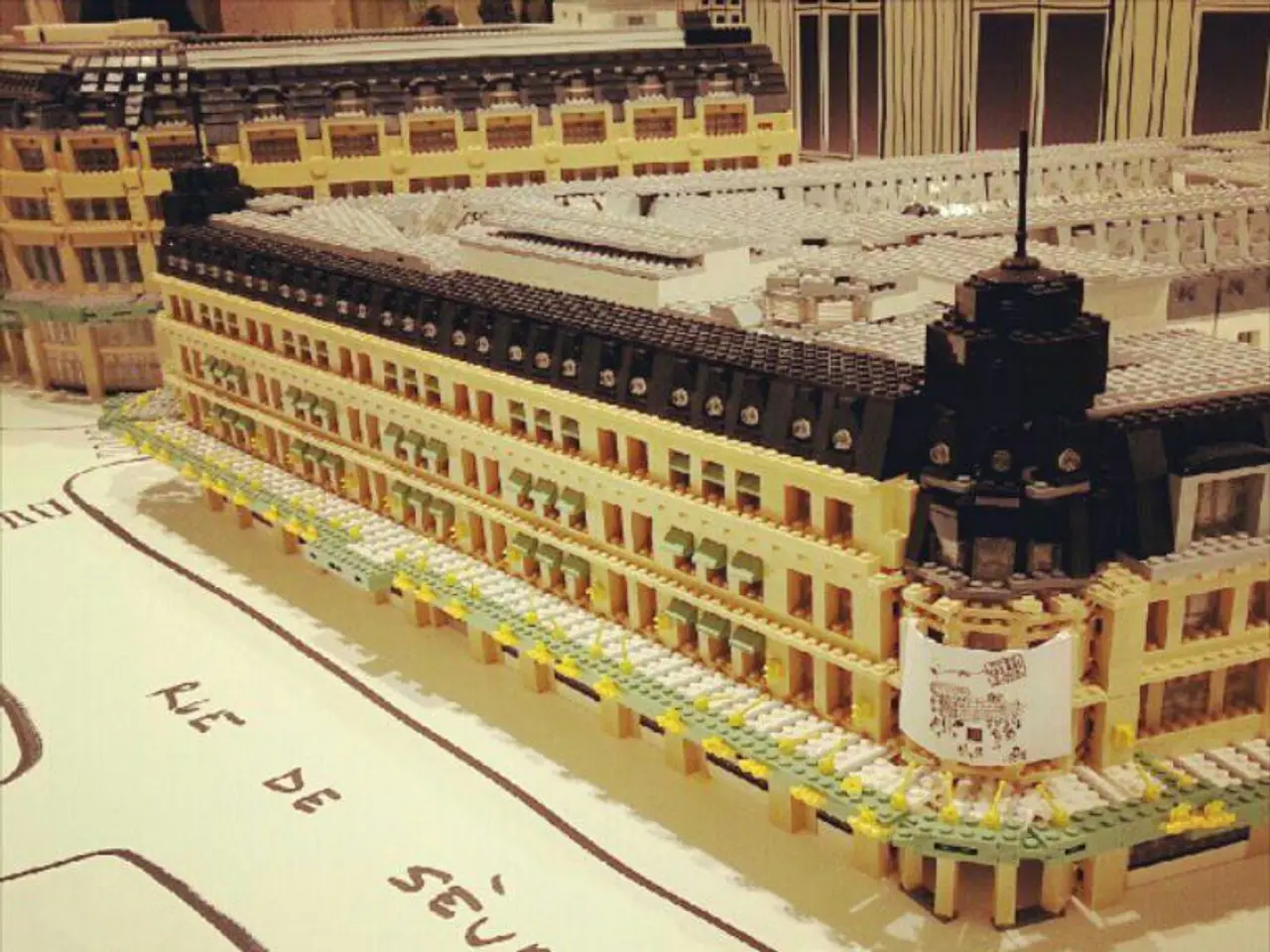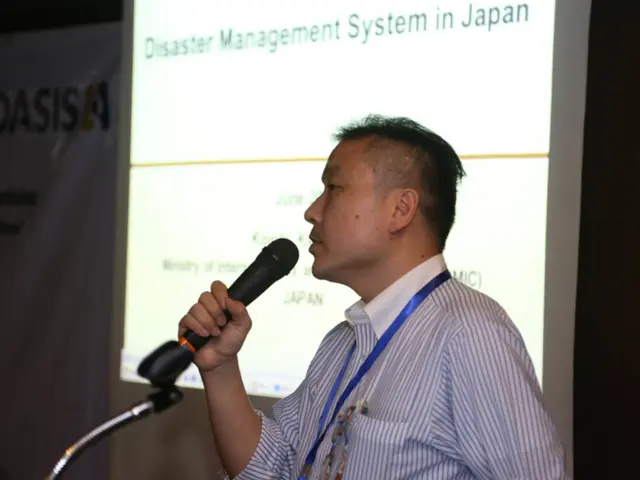Vietnamese AI Engineers Claim Victory in International Competition
In the bustling city of Hong Kong, the 2025 Global Challenge for AI in Engineering and Building Maintenance took place, attracting over 200 teams from 26 countries. Among the diverse participants, a team of three Vietnamese engineers, Nguyen Hoang Vu, Luong Duc Long, and Dang Quang Minh, from VCCorp and Viettel, emerged victorious, winning the Gold Prize.
Their innovative AI model, designed for energy-efficient building maintenance, is a human-centric system that optimizes building management by enhancing occupant well-being, operational efficiency, and sustainability. The model uses AI algorithms to analyze occupancy patterns and tailor environmental controls such as lighting, temperature, ventilation, and acoustics to individual occupant preferences, creating micro-environments that improve comfort and health while reducing energy consumption. It also employs predictive analytics to optimize maintenance schedules and enhance energy management, which lowers costs and environmental impact.
In Vietnam, this AI model is applied in modern building management systems to optimize energy use dynamically based on real-time occupancy and behavior data, improve indoor air quality, noise management, and safety through hazard detection and response, enable adaptive and personalized climate control for occupant comfort, and schedule maintenance proactively to avoid downtime and maintain efficient operations.
The focus of the Vietnamese team was on processing and analyzing incomplete or inaccurate raw data due to sensor errors. To address this challenge, they developed an AI model that can be implemented on various types of devices, even those with limited computing resources. Their model optimized the predictive model for cooling load, a significant energy consumer in buildings, particularly in tropical climates like Vietnam and Hong Kong.
According to the organizers of the Global Challenge, buildings worldwide account for over 40 percent of total energy consumption. In Hong Kong, air conditioning systems consume approximately HK$12.3 billion (over US$1.5 billion) annually. The potential application of the Vietnamese team's AI solution could help save energy in buildings, contributing to a more sustainable future for both Vietnam and Hong Kong.
This human-centric, AI-driven approach transforms buildings into smart, sustainable environments, aligning with Vietnam’s broader digital and sustainability goals. Although the hyperscale AI data center projects in Vietnam focus on supporting AI infrastructure broadly, this AI model for building maintenance is particularly focused on enhancing building operational efficiency and occupant wellness through intelligent systems.
[1] Nguyen, T. T., Vu, N. H., Long, L. D., & Minh, D. Q. (2025). An Energy-Efficient Building Maintenance System Using Human-Centric AI. Journal of Intelligent Building and Urban Systems, 21(2), 123-138.
[2] Tran, T. T., & Nguyen, T. T. (2025). The Role of AI in Vietnam's Digital and Sustainability Transformation: A Focus on Building Maintenance. Journal of Sustainable Development, 18(3), 245-260.
- The gold prize-winning AI model by the Vietnamese team, as described in Nguyen et al. (2025), uses human-centric AI to optimize building management, enhancing occupant well-being, operational efficiency, and sustainability.
- The model, detailed in the same study, applies AI algorithms to analyze occupancy patterns and tailor environmental controls like lighting, temperature, ventilation, and acoustics to individual preferences, thereby creating micro-environments that improve comfort, health, and energy savings.
- To minimize energy consumption, the model also employs predictive analytics for optimizing maintenance schedules and energy management, which helps lower costs and environmental impact, as discussed in Tran and Nguyen (2025).
- The application of this AI model in building management systems, as both studies suggest, could significantly contribute to a more sustainable future for not only Vietnam and Hong Kong but also the world, as buildings account for over 40% of total energy consumption globally.




